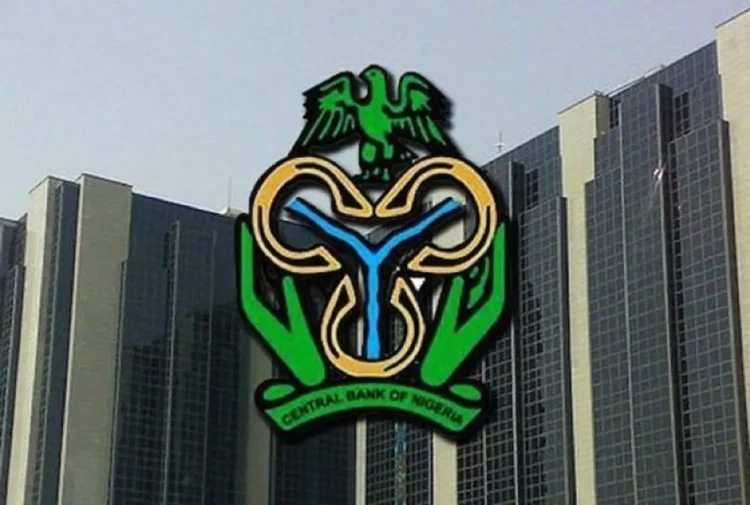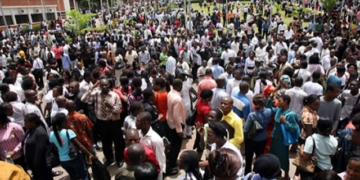As the Central Bank of Nigeria (CBN) continues to adopt a tightening stance to curb rising inflation in the country, monetary policy makers have stressed the need for more fiscal responsibility, noting that the federal government exceeding the deficit by more than 85 per cent has continued to weigh heavily on prices.
The Monetary Policy Committee (MPC) of the CBN had raised the monetary policy rate (MPR) by 50 basis points to 27.25 per cent from 26.75 per cent, bringing the total rate increase so far in 2024 to 850bps.
The latest hike in benchmark interest rate is despite a two-month slowdown in inflation. However, inflation had further spiked to 32.7 per cent in September. In his personal statement at the last MPC meeting, Dr Aloysius Uche Ordu, a member of the committee noted that fiscal policy poses challenges to CBN’s fight against inflation.
Commenting on fiscal policy, he said, challenges abound that are at odds with the CBN’s firm anti-inflationary stance. According to him, a review of the fiscal indicators for the first-half of 2024, showed that federal government revenues under-performed, achieving only 37.9 per cent of target, due largely to the deficit in FAAC receipts.
“Recurrent spending exceeded targets, largely due to debt service payments, while spending on the capital account continued to under-perform. As at mid-2024, the overall fiscal deficit exceeded budget projections by over 85 per cent, emphasising the need to reprioritise spending in favour of much needed capital projects.
“It also emphasises the need for the CBN to avoid monetizing the deficit. The developments in the external sector remained positive with an overall balance of payments surplus of US$2.47 billion, on account of the decline in import bills due to the tight monetary policy stance,” he pointed out.
Noting that the federal government’s short-term borrowing from the CBN decreased by over 75 per cent from end of December 2023 to July 2024, he said: “the reduction in monetary financing of the federal government is consistent with the current tight monetary policy stance. The Government and the CBN can help bring inflation and interest rates down faster by working together rather than by working at cross-purposes.”
On his part, deputy governor, Corporate Services of the CBN, Bala Bello noted that money supply has continued to grow and needs to be addressed urgently by monetary policy. Pointing out the roles being played by fiscal policy to address the structural drivers, he said the simultaneous pushback by both monetary and fiscal policy is therefore expedient to effectively anchor expectations and contain price development.
“Overall, to ensure that the reported decline in inflation is sustained, the stance of monetary policy needs to remain tight to improve inflation expectations. Consequently, all actions of the Bank must be geared towards curbing monetary-induced inflation to moderate domestic prices,” he stressed.
Another member of the committee Bandele Amoo also stressed the urgency of addressing inflationary pressures, which has continued to undermine price stability, saying, “while monetary policy has moderated aggregate demand, production bottlenecks, rising food and energy costs continue to drive price increases. High transportation costs for farm produce and insecurity in food-producing areas also continue to play a key role.
“The MPC must remain vigilant to prevent spillovers or second round effects from persistent food inflation and preserve the gains made so far in monetary policy credibility.











